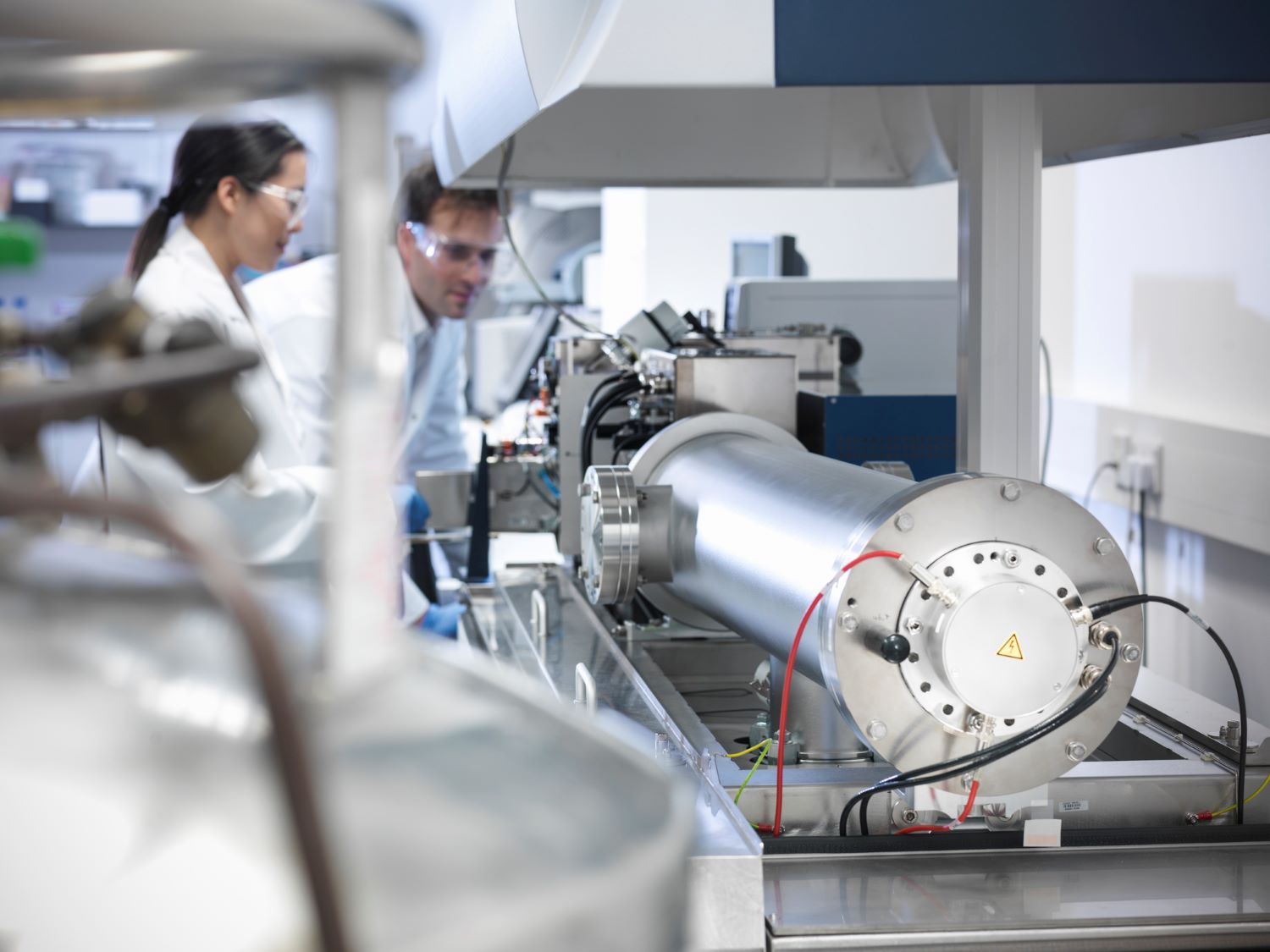Advancements in Mass Spectrometry Propel the Movement Towards Targeted Precision Medicine

In the previous year, Thermo Fisher Scientific introduced a cutting-edge mass spectrometer designed for rapid discovery of new proteins, enhancing precision medicine efforts. This technology addresses a major challenge faced by researchers: the analysis of large data volumes when exploring the human proteome.
Since its launch, the Orbitrap Astral mass spectrometer has been honored with an R&D 100 award in the market disruptor category, alongside numerous scientific papers employing its capabilities.
John Lesica, President of the Chromatography and Mass Spectrometry Division at Thermo Fisher Scientific, elaborates on how advancements in mass spectrometry fuel innovation in personalized medications tailored to individual genetic and proteomic profiles, and its implications for the future of healthcare.
How is mass spectrometry enhancing precision medicine?
Utilizing the genetic foundation is vital for advancing precision medicine, offering a comprehensive perspective on how genetic factors affect protein expression and metabolic functions. Proteins often act as drug targets while metabolites indicate the cellular state. These analyses together outline a complete narrative of human health, providing insights into disease mechanisms and supporting targeted therapy development.
The technological impact reflects the global research community’s funding requests and significant demand. Discoveries using the Orbitrap Astral span diverse fields such as single proteomics, chemoproteomics, metabolomics, immunopeptidomics, and more. This surge in engagement underscores the disruption caused by this technology in assisting groundbreaking research.
Its ability to explore multiple biological data layers facilitates a deeper understanding of molecular interactions in health and diseases. Since most drug targets are proteins, detailed proteomic analyses improve the identification of potential drug targets within the human proteome, enhancing the development of more precise therapies. Consequently, this accelerates drug discovery, enabling treatment customization aimed at each patient’s unique molecular makeup.
What significant discoveries have emerged from research using Thermo Fisher’s mass spectrometer?
The Orbitrap Astral has swiftly transformed the field of proteomics, evident in the extensive range of over 65 scientific publications across various applications. Its influence is notable in research concerning cancers such as signet ring cell carcinoma and colorectal cancer, as well as Alzheimer’s disease. Additionally, remarkable advancements have been made in microbiome functional analyses.
The technology’s contribution to expediting scientific processes is clear, as seen in the rapid publication of dozens of articles within just 14 months since its launch — a feat surpassing previous instruments, which took significantly longer to yield comparable results. This indicates improved efficiency tenfold, showcasing how Orbitrap Astral enhances data collection and analysis, while pushing scientific research boundaries.
How is mass spectrometry improving patient outcomes in clinical settings?
At clinical research hospitals, the Orbitrap Astral enables exhaustive analyses of biological samples, offering valuable insights into proteomics, metabolomics, and lipidomics. By examining a patient’s complete omic profile, researchers can uncover the roles of enzymes, metabolites, and lipids in cellular processes and disease mechanisms. Integrating these findings with genomic data allows for a richer understanding of various conditions and leads to the development of targeted treatment strategies.
A key application lies in the creation and validation of clinically relevant assays, primarily used for research but with potential for future clinical utility. This technology aims to identify biomarkers for disease diagnosis and monitoring. The high sensitivity and resolution enable the discovery and validation of new biomarkers, ultimately improving diagnostic tools and personalized treatment pathways.
In the future, mass spectrometry is anticipated to play an essential role in clinical research, offering the foundational data necessary for novel diagnostic and therapeutic methodologies.
What challenges do researchers face in genomics and proteomics, and how can new technologies help?
Integrating genomics with proteomics involves several challenges, particularly due to the complexities of data overlap. Traditional instruments often lacked the capability to provide a comprehensive proteome perspective, resulting in data gaps that could lead to misleading conclusions when correlated with genomic data. This means researchers might miss critical protein expression variations, complicating their analyses.
Mass spectrometry addresses these issues by offering advanced analytical methods that enhance the coverage and precision of proteomic data. This improvement reduces data gaps, enabling comprehensive proteomic profiling. Integrating this data with genomic sequences plus additional omics layers helps create a holistic view of biological systems.
This integration facilitates more accurate correlations between genomic sequences and their corresponding protein expressions, as well as their metabolic byproducts, providing researchers with a robust dataset for deep analysis. Such a comprehensive perspective is vital for advancing the understanding of complex biological processes and obtaining precise insights from multi-omic studies.
How do you envision the evolving role of mass spectrometry, particularly in precision medicine?
Over the next decade, mass spectrometry is set to undergo significant evolution, especially within precision medicine and the healthcare sector. It will increasingly support various stages, from discovery to validation and clinical application. Innovations enhancing verification processes and advancements in medical-grade devices will be crucial.
Thermo Fisher Scientific is committed to advancing mass spectrometry capabilities to better facilitate precision medicine, focusing on improving instrument accuracy, sensitivity, and speed to meet researchers’ and clinicians’ evolving needs. The emphasis will be on integrating advanced technologies for comprehensive omics analyses, streamlining methods, and providing deeper biological insights. Anticipated advancements in data integration, automation, and real-time analysis will continue to propel personalized healthcare and tailored treatment innovations.
Ongoing research is exploring the integration of AI and machine learning to enhance instrument intelligence and user experience. Future developments will likely carry the field forward in proteomics and metabolomics, aiding the progression of various omics disciplines and benefiting personalized healthcare solutions.

